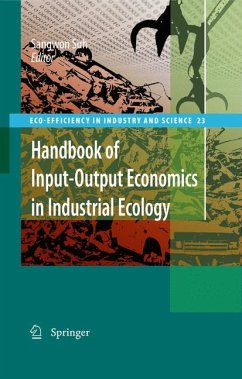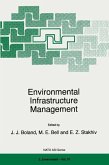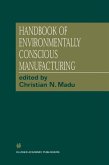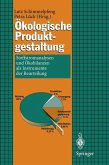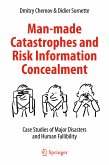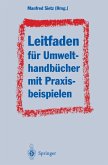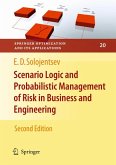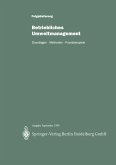"Handbook of Input-Output Economics in Industrial Ecology" covers an array of topics including the history of industrial ecology and input-output economics, material flow analysis, LCA, sustainable consumption, policy applications, energy and climate change, waste management, national accounts and statistics, and new developments in modeling and theory. Particularly, this handbook is designed to offer a comprehensive coverage on three major issues: (1) theory and method of key analytical tools and models; (2) fundamental accounting principles and compilation of basic data; and (3) practical applications of the tools and models at various scales. First, various analytical tools and modeling techniques that are of particular importance to industrial ecology applications are comprehensively treated in this handbook, which includes hybrid models for LCA, Material Flow Analysis (MFA) and energy analysis; physical and hybrid-unit IO models; Waste IO model; multi-regional IO models; dynamic IO model; thermodynamic analysis; linear programming and optimization techniques; graph theory and network analysis; use of scenarios; and Structural Decomposition Analysis (SDA). Second, basic accounting frameworks and compilation of required data for these analytical tools and models are shown, which covers e.g., the supply-use framework, resources accounts, time-use survey, Social Accounting Matrices (SAMs), compilation of environmental IO databases of Japan (3EID) and the U.S. (CEDA). Third, use of these data, tools and models for micro-, meso-, as well as macro-scale applications are presented throughout the chapters. Readers will also notice the difference in mode of writing in some chapters: for instance, some are written more as a practical and instructive guide (e.g., the step-by-step approaches for net energy analysis of Chapter 24) and some are done more as a theoretical contribution (e.g., the multistage process-based make-use system of Chapter 35).
"Handbook of Input-Output Economics in Industrial Ecology" can serve as a one-stop reference book for both industrial ecologists and input-output economists who are exploring the other discipline. This handbook would be particularly useful for those who study LCA, energy and climate change policy, environmental product policy and sustainable consumption.
Dieser Download kann aus rechtlichen Gründen nur mit Rechnungsadresse in A, B, BG, CY, CZ, D, DK, EW, E, FIN, F, GR, HR, H, IRL, I, LT, L, LR, M, NL, PL, P, R, S, SLO, SK ausgeliefert werden.

